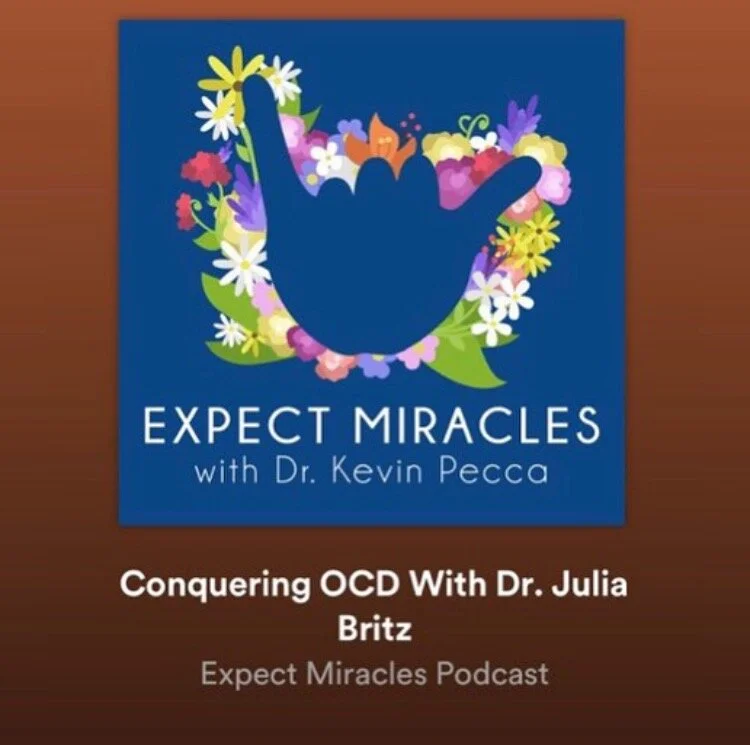Peptide therapy is a somewhat new, but extremely exciting treatment modality. It has gained popularity in the last few years because of its safety and ability to treat a wide range of conditions. It has application for everything from OCD to chronic Lyme disease to weight loss, depending on the specific peptides chosen.
What is Peptide Therapy?
Peptides are short chains of amino acids (baby proteins basically) that the body makes naturally. They act as signaling molecules within the cell and can be viewed as the master regulators of many functions of the body.
Each peptide does a very specific thing, which is exciting because it means we can therapeutically target a problem without influencing other functions within the body. In contrast, hormones may act on a number of body functions, so if we give someone thyroid hormone, for example, it could work on skin, heart rate, sleep, metabolism and so on.
For this reason, peptides generally have a more rapid response with fewer side effects.
Some of the benefits of peptide therapy include:
Immune regulation
Neurological repair and regeneration
Central nervous system health – cognition, mood, sleep etc.
Musculoskeletal healing, reduction in pain and inflammation.
Digestive health
Most peptides are given by subcutaneous injection. Some are available in capsule form or as nasal sprays.
How safe is peptide therapy?
Because peptides naturally occur in every cell, they are extremely safe with an impressively minimal side effect profile.
Peptides are dispensed through compounding pharmacies and should be done under the supervision of a licensed medical professional. I would strongly discourage anyone from ordering peptides online. It is imperative to only use pharmaceutical-grade products that we know are clean, high-quality and not contaminated.
Is peptide therapy right for me?
Since there are thousands of peptides, a myriad of possible conditions can be treated. Listed are some examples:
Anxiety, depression, PTSD
ADHD
Skin aging and hair loss
Lyme disease
Alzheimer’s Disease and other neurodegenerative disorders
IBS and inflammation of the GI tract
Mold toxicity
Insomnia
Cancer
Growth hormone stimulation
There are many different peptides available. The ones selected will depend on the priorities and concerns of a given individual. Some may focus on anti-aging, weight loss, athletic performance, boosting libido and sexual function; while others focus on recovery from chronic diseases such as Lyme disease, with priorities include immune modulation and neurological repair.
Some of My Favorites
Thymosin alpha-1
Thymosin alpha-1 is produced in the thymus gland and is involved in enhancing immune function. It is an ideal starting point for those with Lyme disease and mold toxicity.
Thymosin alpha-1:
reduces inflammatory cytokines
stimulates T-cell production
balances Th1/Th2 ratio (crucial in immune-mediated inflammatory disease states such as Lyme disease and CIRS)
improves resistance to infection
has antiviral and antitumor properties (includes herpes family of viruses such as EBV, CMV and HHV6)
reverses the immuno-suppressive effects of CFS/FMS/Lyme
Improves tissue repair and healing
This peptide also increases glutathione production, which is a key antioxidant and detox support.
Thymosin beta-4
Thymosin beta-4 is also secreted from the thymus and is therefore involved in stimulation of T-cell production. In addition to its role in immune system modulation, it is involved with soft tissue repair.
It also promotes angiogenesis (new blood vessels) and improves circulation, and can assist with regeneration and remodeling of the heart when cardiac damage is present.
BCP-157
In our bodies, BCP-157 is isolated from human gastric juice.
Subsequently that peptide’s therapeutic applications include:
Healing leaky gut
Promoting repair of IBS
Repair and prevent gastric ulcers
H. pylori infection
Ulcerative colitis and Crohn’s disease (great paired with thymosin alpha-1/ beta-4 for the immune modulating effects in these auto-immune situations).
Protecting the liver against toxic agents such as alcohol and medications.
Along with the gastrointestinal benefits, BCP-157 also works on connective tissues such as tendons, ligaments and muscles. It can promote repair of damaged tissues, accelerate wound healing and healing from injuries, post-surgical repair; and reduce pain in damaged tissues.
It can also help repair nerve damage.
Selank
Selank is a nootropic (a cognitive enhancer) that is used for anxiety, depression, PTSD, ADHD and immune modulation, but does not produce amnesia, withdrawal or dependence like the benzodiazepine medications.
Selank works primarily by binding with GABA receptors, which is why it’s so effective for anxiety.
This peptide also stabilizes blood sugar which can directly influence our ability to feel calm as well as making it a potential therapeutic option for metabolic syndrome.
Semax
Semax is another nootropic, meaning it influences memory and cognitive functions.
Similar to Selank, it can also be used for anxiety, but is also indicated for depressive states because of its ability to increase Brain-Derived Neurotrophic Factor (BDNF), which modules glutamate and GABA.
Semax also acts as a nerve regenerator. Because of this, it has been used to treat stroke, ADHD, Alzheimer’s, Parkinson’s Disease, and opioid withdrawal.
I know what you’re thinking…”I need all of them!”. Either that or “oh boy, I’m confused”.
I get it. There’s a lot of information.
But I truly believe this therapy has a lot to offer.
So where to from here?
So here is what I’ll leave you with. No treatment works 100% for everyone and the same is true for peptide therapy. However, for some people the right treatment can change the quality of life when other options have failed and that is why we see peptide therapy as such a significant therapy, and one worth considering.

